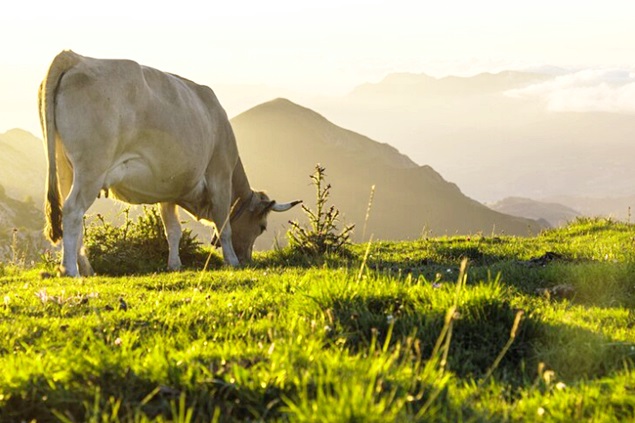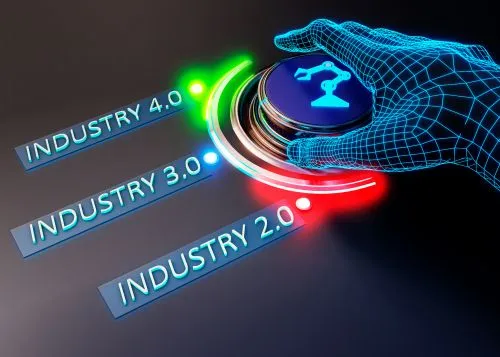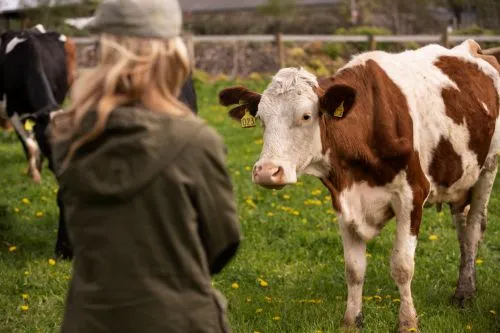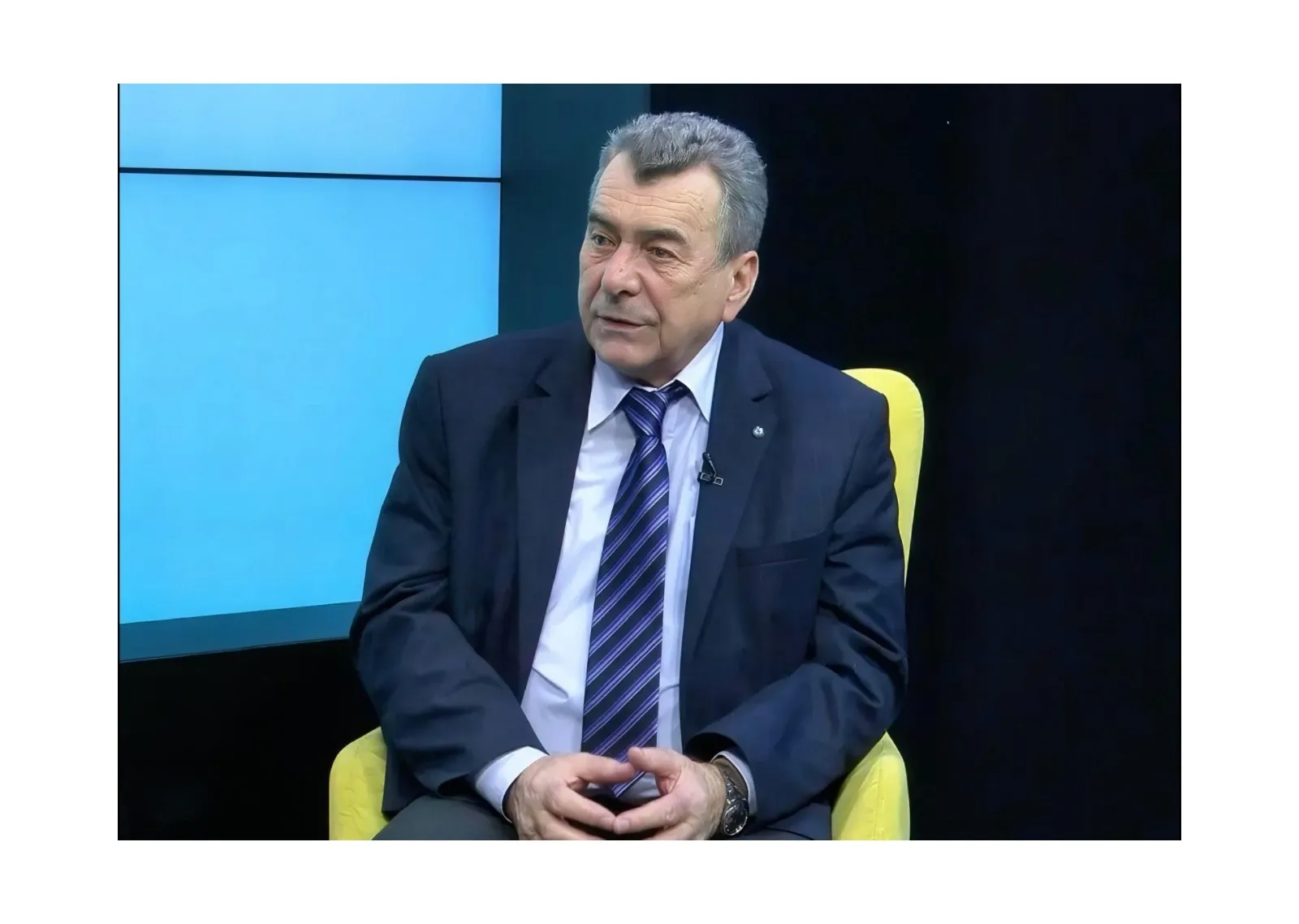1496

Six of the world's largest dairy product companies will soon begin to disclose their methane emissions as part of a new global alliance launched at the United Nations Climate Summit in Dubai.
Leaders
Livestock farming is responsible for about 30% of global anthropogenic methane emissions, from sources such as manure and cow belching, according to the UN Food and Agriculture Organization. Advocacy groups have said that tackling methane from animals should be a major focus at this year's COP28 summit.
The five members of the Dairy Methane Action Alliance - Danone, Bel Group, General Mills, Lactalis USA, Kraft Heinz, and Nestlé - will start reporting their methane emissions by mid-2024 and will draft methane action plans by the end of that year.
Methane is nearly 30 times more potent than carbon dioxide, according to the US Environmental Protection Agency, making it a major target in efforts to reduce global warming.
Reducing methane emissions from dairy products means providing both technical and financial support to farmers worldwide to experiment with possible solutions, such as animal feed additives, said Chris Adamo, Vice President for Governance and Public Affairs at Danone, in a call with reporters.
"There's no silver bullet. We have to look at this complete spectrum of different options for farms in different geographic areas," he said.
Danone committed this year to reduce methane emissions from its fresh milk supply chain by 30% by 2030.
Limiting Methane Emissions
Reducing human-caused methane by 45% in this decade would keep global warming below 2 degrees Celsius, according to a 2021 assessment by the Climate & Clean Air Coalition and the United Nations Environment Programme.
Companies involved in the new alliance are not required to commit to reducing their methane emissions by a certain amount, but stronger measurement and reporting are key tools for companies to ultimately reduce their emissions, said Katie Anderson, Senior Director of Business at the Environmental Defense Fund's food and forest sector program, at the press briefing.
"This drives more accountability," Anderson said. EDF is convening the alliance.
Globally, food production accounts for about a third of total greenhouse gas emissions.
COP leaders this year have pledged that the summit will include actions on emissions from the food sector.





